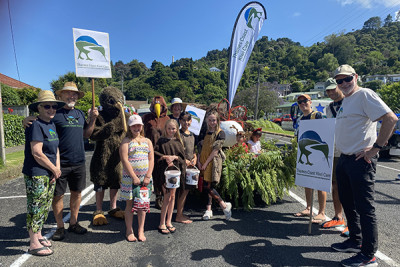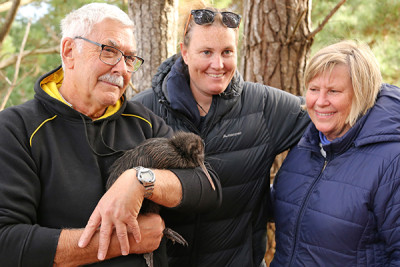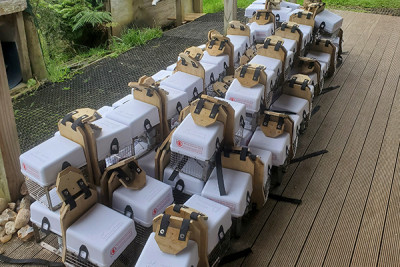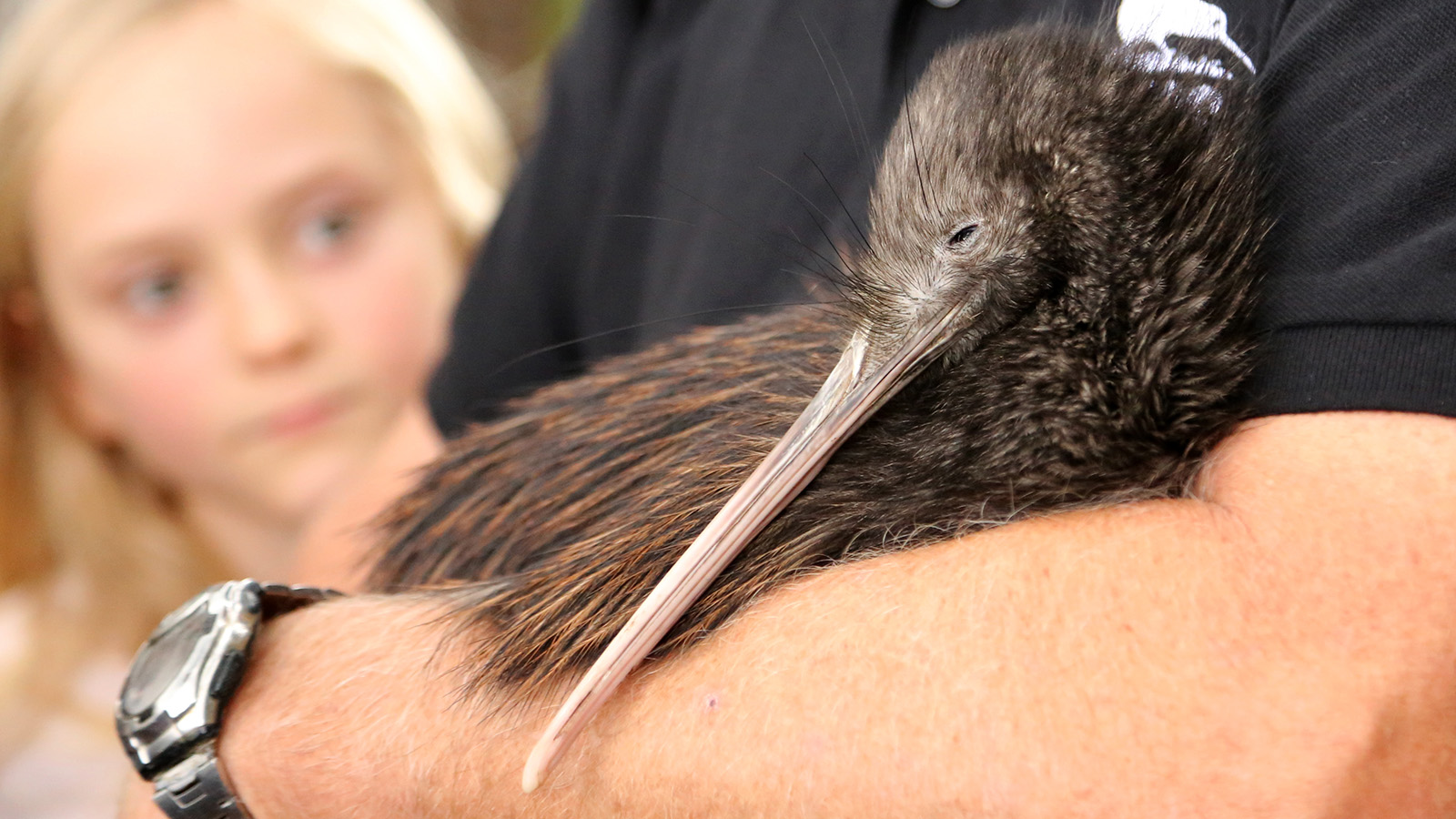
Thames Coast Kiwi Care is a community-led group that has seen the return of hundreds of kiwi in their area.
Thames Coast Kiwi Care is getting plenty of bang for their recent investment in habitat restoration.
The community-led group has started expanding its trapping network between Tapu and Te Mata with self-setting AT220 traps and, so far, have caught over a thousand possums and nearly a thousand rats with their new traps alone.
Thames Coast Kiwi Care chair Moira Coatsworth says as soon as the first 27 traps went in about March 2023, the monitoring data showed a significant catch rate, with 103 possums and 60 rats caught just in one month.
“Up until now, our focus had been on protecting kiwi through trapping predators that kill kiwi, so stoats, ferrets and weasels,” says Moira, who is so proud of how the small coastal community is protecting their local kiwi.

Moira Coatsworth, right, says dedicated possum and rat control will enhance the forest ecosystem which means kiwi and other species will really be able to thrive.
“But with so many kiwi now in our patch, we’re really starting to focus on habitat restoration to make sure they can really thrive.”
Since starting out in 2006, when the last remnant population of kiwi on the Thames Coast was on the point of collapse, Thames Coast Kiwi Care has seen a huge increase in kiwi numbers within the 5000-hectare predator-controlled area, up from 28 to more than 350 resident birds.
About 60 passionate trappers service 950 traps once a fortnight, contributing to some 5000 volunteer hours put in by the group every year.

The AT220s target possums and rats, which prevent forest regeneration by eating vegetation and seeds.
In recognition of their track record, perseverance and community support, Waikato Regional Council granted Thames Coast Kiwi Care $270,000 over four years from its Natural Heritage Fund to expand mustelid control and to reinstate possum and rat control in the area for habitat restoration.
A lot of the project area hadn’t had any possum control since about 2010.
The AT220s target possums and rats, which prevent forest regeneration by eating vegetation and seeds.
“With dedicated possum and rat control we’ll be enhancing the forest ecosystem which means kiwi and other species will really be able to thrive,” says Moria.
Bird count surveys are underway to understand the species present and to use as a baseline to track increases in the diversity of bird species.
Hochstetter’s and Archey’s frogs and nationally critical long-tailed bats are also present in the area.
“We look forward to having everything from birds to bugs to the plants bouncing back as more pests are removed,” says Moira.
The group also hopes it will be able to reintroduce native bird species lost to the area, perhaps even kōkako.
“Our project area was the last place kōkako survived on the Coromandel, and we have been assessing the feasibility of their return in the future.”
If you would like to know more about Thames Coast Kiwi Care, visit their website at thamescoastkiwicare.org, or email coordinator@thamescoastkiwicare.org. They are also on Facebook!

